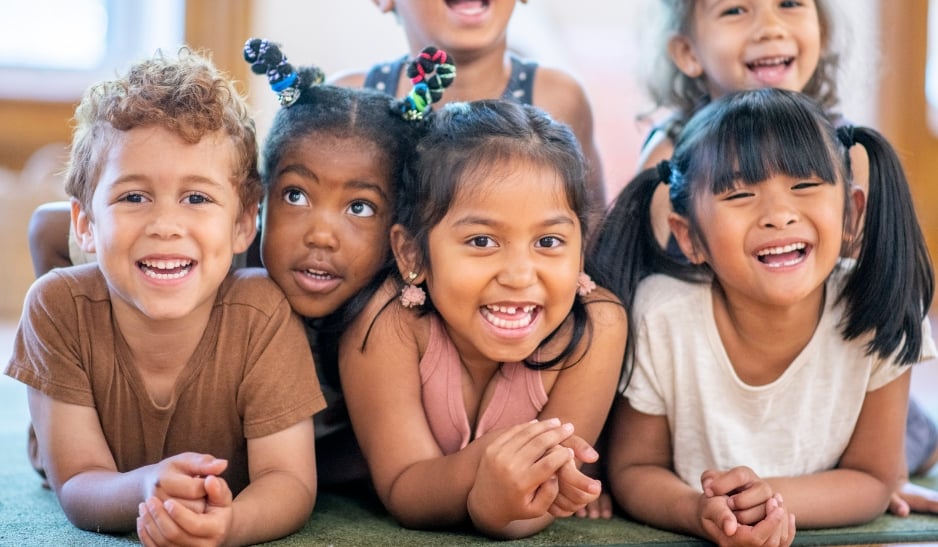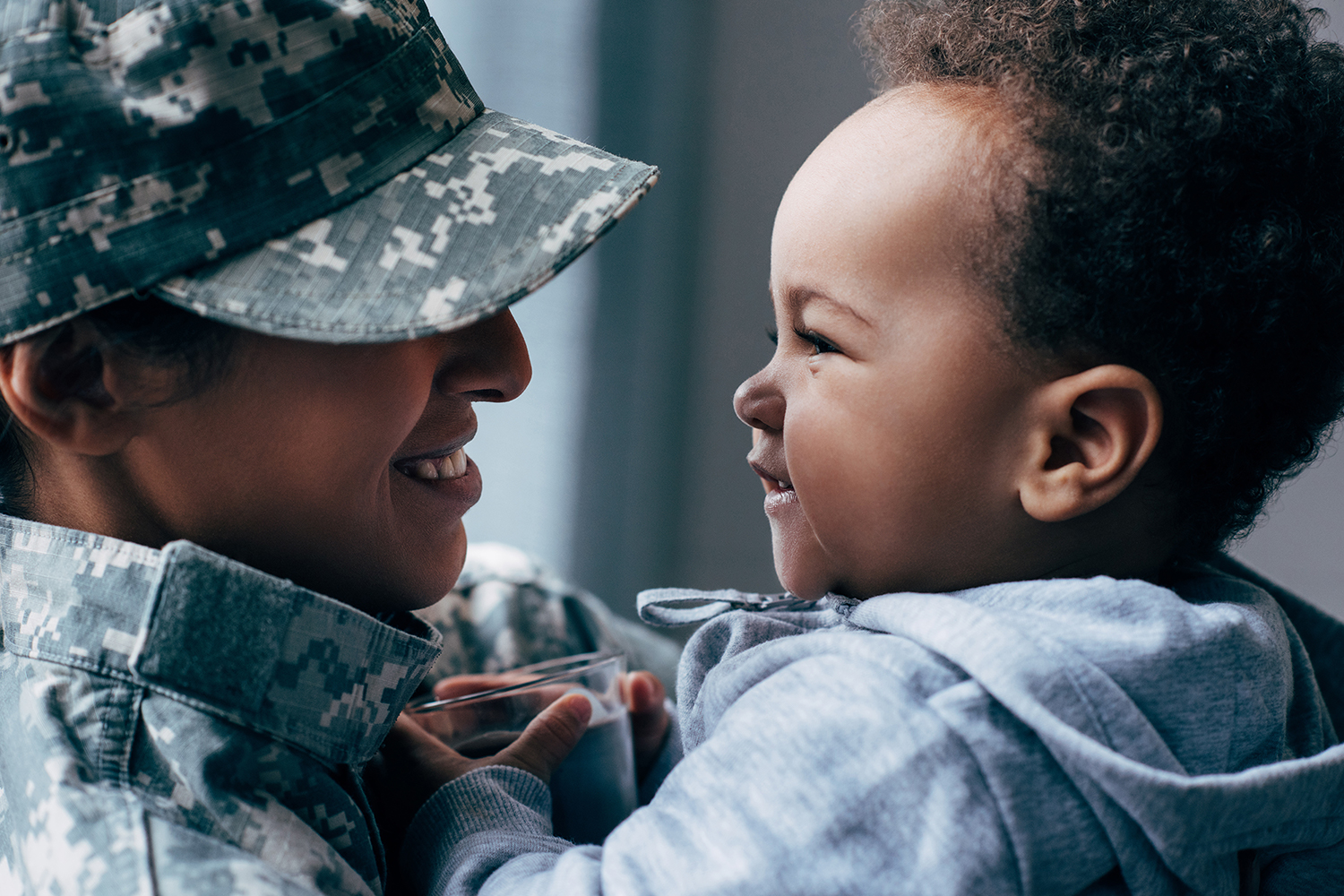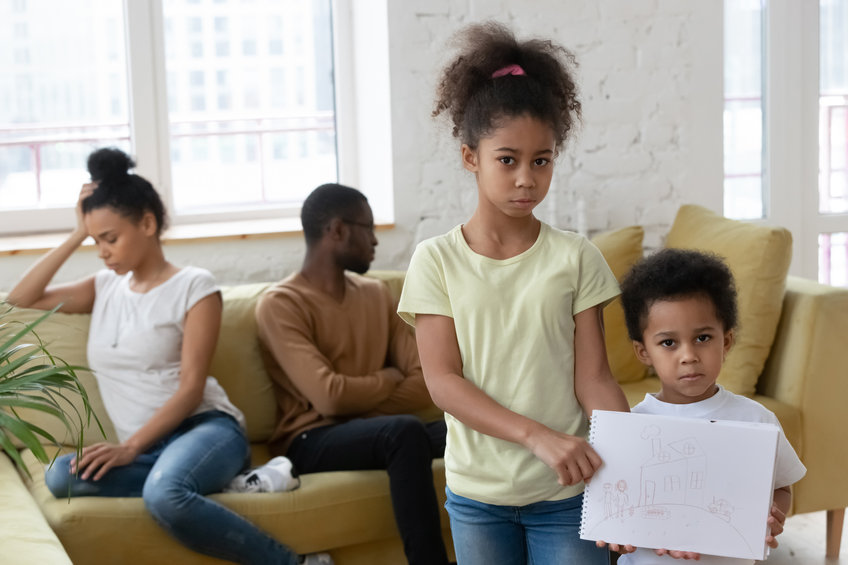Why Is Harmonizing Cultures Crucial in Multicultural Parenting?
Harmonizing cultures in multicultural parenting is essential for cultivating respect, understanding, and unity. Embracing diverse traditions and beliefs creates a nurturing environment that values each family member’s background. Building cross-cultural connections through activities like celebrating holidays and trying new cuisines fosters a sense of belonging. Resolving conflicts peacefully with cultural sensitivity and open communication maintains a harmonious atmosphere. Effective communication techniques bridge understanding gaps and strengthen familial bonds. By embracing cultural diversity, you lay the foundation for raising culturally aware individuals with values of tolerance and empathy.
Key Takeaways
- Fosters unity and understanding among diverse family members.
- Promotes cultural acceptance and respect within the family unit.
- Enhances communication and conflict resolution skills.
- Nurtures a sense of belonging and inclusivity.
- Prepares children to navigate a diverse world with empathy.
Embracing Cultural Diversity

To successfully navigate multicultural parenting, embracing cultural diversity is crucial in fostering understanding and respect among family members. Cultural exchange and appreciation play an essential role in creating a harmonious environment where different traditions and beliefs are celebrated. By valuing each other’s backgrounds, you contribute to unity in diversity within your family unit.
Cultural acceptance allows you to create a nurturing space where everyone feels valued and understood. It provides an opportunity for learning and growth, as each family member brings a unique perspective shaped by their cultural heritage. Encouraging open discussions about customs, languages, and celebrations can deepen connections and strengthen familial bonds.
Embracing cultural diversity also teaches valuable lessons in empathy and tolerance. It allows you to broaden your worldview and develop a greater appreciation for the richness that different cultures bring to your family dynamic. By embracing diversity, you create a foundation built on respect and acceptance, fostering a positive environment for everyone to thrive in.
Building Cross-Cultural Connections
Embracing cultural diversity in multicultural parenting sets the foundation for building meaningful cross-cultural connections within your family unit. By fostering an environment that encourages cross-cultural collaboration and cultural exchange, you open doors to new experiences and perspectives.
Multicultural partnerships can enrich your family life, allowing you to create global connections that transcend borders and unite people from different backgrounds.
Through activities that promote cultural exchange, such as celebrating diverse holidays, trying new cuisines, or learning about traditional customs, you can establish a sense of unity within your multicultural family. These shared experiences help bridge cultural gaps and promote understanding among family members.
By actively engaging in cross-cultural collaborations, you can create a sense of belonging that’s inclusive of all cultural backgrounds present in your family.
Building cross-cultural connections not only strengthens your family bond but also prepares your children to navigate a diverse world with empathy and respect for others’ traditions and beliefs.
Embrace the beauty of cultural diversity within your family to cultivate a rich tapestry of global connections that will last a lifetime.
Nurturing a Sense of Belonging
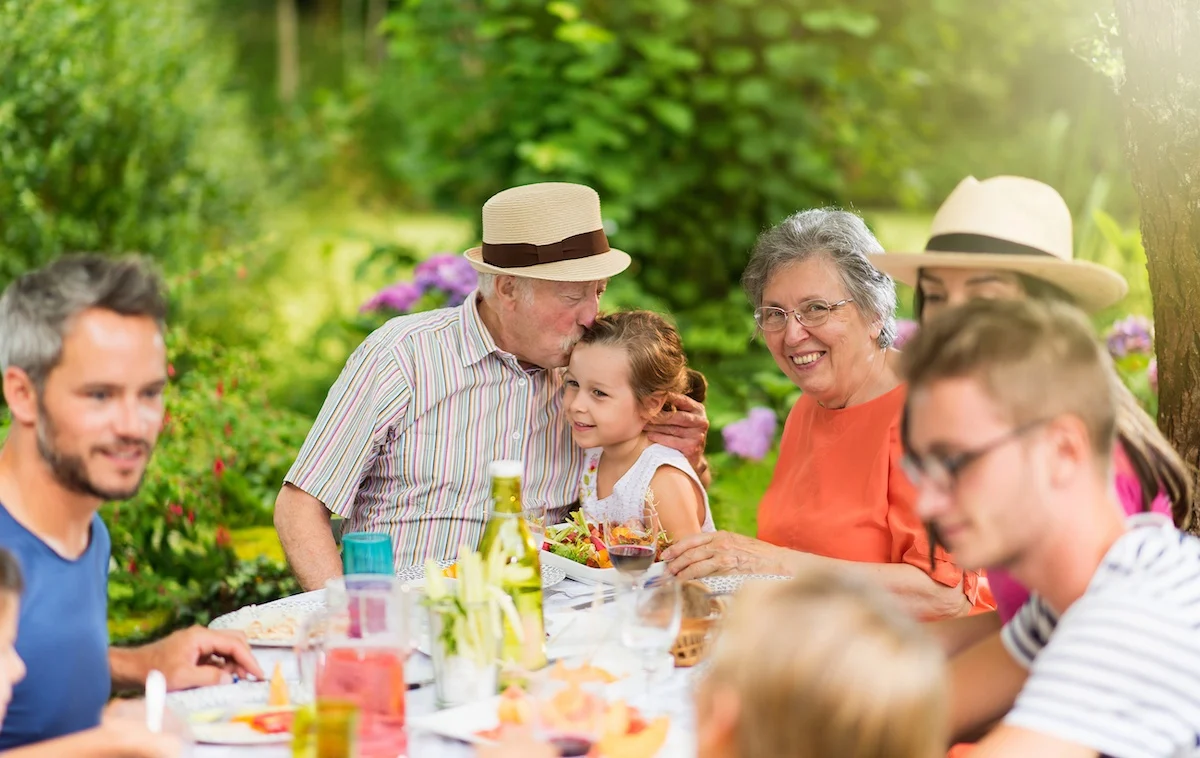
Cultivating a sense of belonging within your multicultural family involves fostering an inclusive environment where each member’s cultural background is valued and respected. Creating a strong sense of community is crucial in nurturing this belonging.
Encouraging open communication and actively listening to each family member’s experiences and perspectives can help strengthen bonds and foster a supportive atmosphere. Embracing diversity within your family allows for a rich tapestry of cultural identities to coexist harmoniously.
Each individual’s cultural identity plays an important role in shaping their sense of belonging. Acknowledging and celebrating these unique identities can help instill a feeling of pride and acceptance within each family member.
By incorporating traditions, languages, and customs from all cultures present in your family, you can create a more inclusive and welcoming environment. This not only enriches your family’s collective identity but also promotes understanding and appreciation for different cultural backgrounds.
Embracing and honoring diversity in this way lays a foundation for a strong sense of belonging within your multicultural family.
Resolving Cultural Conflicts Peacefully
Fostering a harmonious multicultural family dynamic involves addressing cultural conflicts peacefully to maintain a cohesive and respectful environment. Conflict resolution within a multicultural family setting requires a delicate balance of understanding and cultural sensitivity. When conflicts arise, it’s important to approach them with an open mind and a willingness to listen and learn from each other’s perspectives.
Effective conflict resolution in multicultural parenting involves recognizing and respecting each family member’s cultural background and traditions. By acknowledging the differences and similarities in values, beliefs, and practices, you can navigate conflicts with empathy and understanding. Encouraging open communication and actively listening to each other’s viewpoints can help de-escalate tensions and find common ground.
Cultural sensitivity plays an important role in resolving conflicts peacefully. It involves being aware of cultural nuances, respecting diverse perspectives, and avoiding assumptions or stereotypes. By fostering an environment that values cultural diversity and promotes mutual respect, you can create a harmonious multicultural family where conflicts are addressed constructively and peacefully.
Fostering Open Communication Channels
To harmonize cultures in multicultural parenting, it’s essential to focus on fostering open communication channels. Building trust through effective communication and establishing shared values are foundational in creating a supportive and understanding environment.
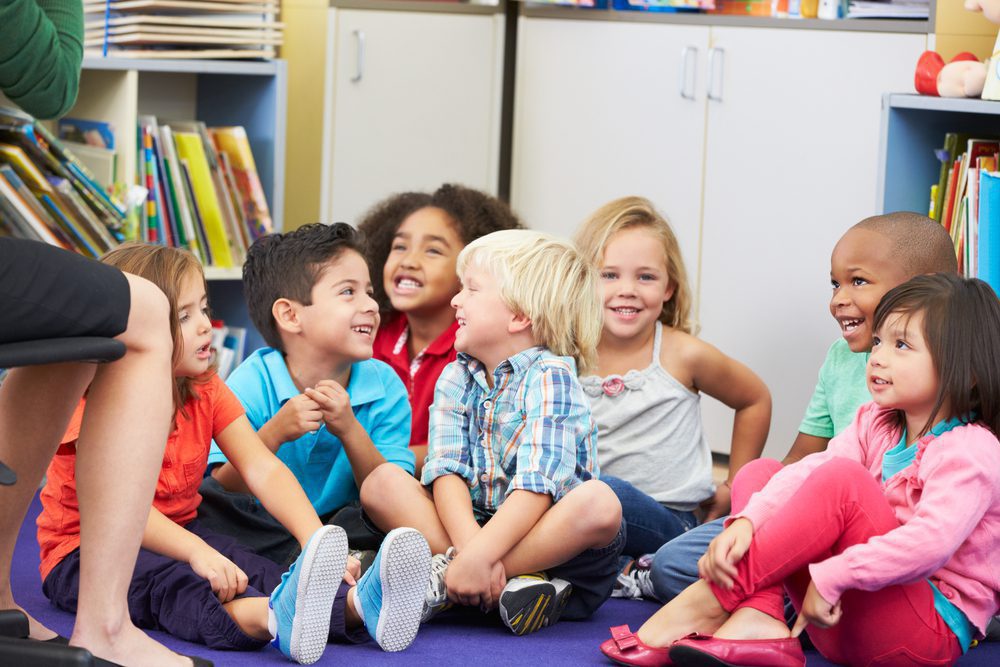
Building Trust Through Communication
Effective communication plays a pivotal role in establishing trust within multicultural parenting dynamics. Trust building exercises and cultural communication techniques are essential to bridge potential gaps in understanding between parents and children from different cultural backgrounds.
Parent-child dialogues, along with trust building activities, can help foster open communication channels and strengthen the bond between family members. In multicultural parenting, it’s important to create a safe space where everyone feels heard and respected. Encouraging active listening, expressing emotions openly, and being receptive to diverse perspectives can enhance trust and understanding within the family unit.
Establishing Shared Values
Establishing shared values in multicultural parenting involves creating a framework for open communication channels that foster understanding and unity among family members from diverse cultural backgrounds. Shared traditions and crucial respect play significant roles in this process, serving as bridges that connect individuals with different cultural upbringings.
By acknowledging and appreciating each other’s customs and beliefs, families can cultivate cultural unity and strengthen their bond through common values.
In multicultural parenting, open communication channels are essential for maneuvering the complexities that arise from diverse cultural perspectives. Encouraging dialogue and active listening helps family members understand each other’s viewpoints and experiences, fostering empathy and harmony within the household.
By promoting a culture of respect and acceptance, parents can instill values of inclusivity and cooperation in their children, promoting a sense of belonging and togetherness despite cultural differences.
Ultimately, establishing shared values in multicultural parenting is a fundamental step towards building a cohesive and harmonious family environment where diversity is celebrated, and unity is embraced.
Celebrating Unique Cultural Traditions
You can promote a harmonious multicultural environment by embracing the diverse family backgrounds present in your household.
By celebrating unique cultural traditions, you can foster a greater understanding and appreciation for the customs and values that shape your family members’ identities.
Embracing these differences can enrich your family dynamics and create a more inclusive and culturally vibrant home.
Embracing Diverse Family Backgrounds
By embracing the diverse family backgrounds of multicultural parenting, we immerse ourselves in a tapestry of unique cultural traditions that enrich our shared experiences. Cultural integration becomes a natural process as each family heritage brings forth its own set of customs, beliefs, and values. These diverse perspectives offer a wealth of knowledge and understanding, allowing for a broader view of the world and different parenting styles.
Families with varied backgrounds often blend traditions, creating a harmonious environment where children learn to appreciate and respect differences. For example, meal times may incorporate dishes from different cultures, bedtime stories may be told in multiple languages, or holidays may be celebrated in unique ways.
This integration of diverse family backgrounds not only fosters a sense of unity but also teaches children the beauty of cultural diversity. It encourages open-mindedness, empathy, and a curiosity to learn about others, shaping individuals who are accepting and appreciative of the world’s many cultures.
Fostering Cultural Understanding
As families embrace the diverse cultural backgrounds present in multicultural parenting, the celebration of unique cultural traditions becomes a cornerstone in fostering deeper cultural understanding. Cultural exchange within the family setting not only enriches the lives of children but also provides valuable opportunities for parents to learn from each other’s traditions. While this exchange can be a source of joy and connection, it may also present parenting challenges as different customs and values intersect. Addressing these challenges requires open communication, mutual respect, and a willingness to compromise.
Intercultural bonding within the family unit strengthens the sense of belonging and creates a shared identity that incorporates the richness of each culture. Children raised in such an environment often develop a deep appreciation for diversity and are equipped with valuable skills to navigate a multicultural world.
Additionally, celebrating unique cultural traditions plays an important role in identity development, helping children understand and embrace their heritage while also fostering empathy and respect for others’ backgrounds. Essentially, by fostering cultural understanding through the celebration of unique traditions, multicultural families lay a solid foundation for raising open-minded, culturally aware individuals.
Encouraging Intercultural Learning Experiences
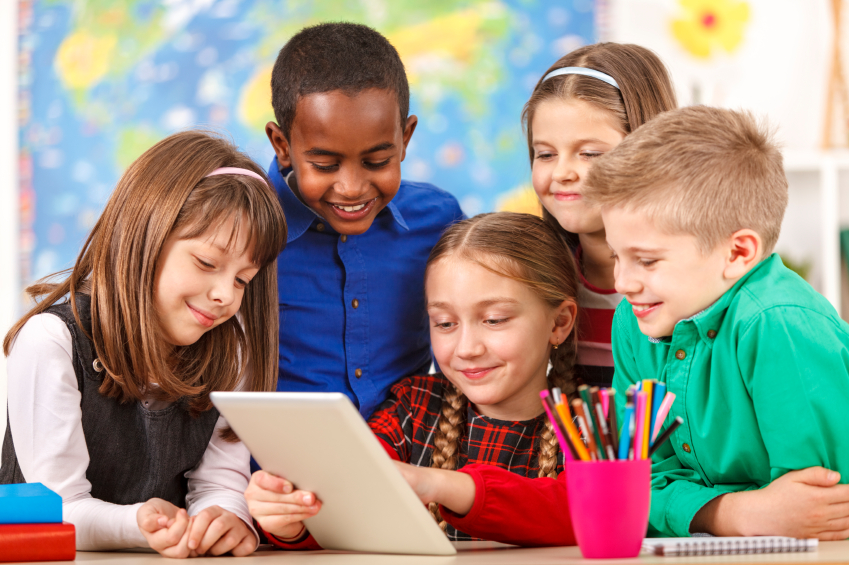
Encouraging diverse intercultural learning experiences can greatly enhance the cultural awareness and understanding within multicultural parenting dynamics. By engaging in cultural exchange and participating in intercultural activities, you provide your children with opportunities to develop global perspectives and appreciate the richness of different traditions.
These shared experiences not only foster a sense of curiosity and open-mindedness but also help in breaking down stereotypes and building bridges between various cultural groups.
Intercultural learning experiences can take various forms, such as attending multicultural festivals, cooking traditional dishes from different cultures together, or even learning a new language as a family. Through these activities, you not only learn about other cultures but also discover the commonalities that connect us all as human beings.
It’s through these interactions that children and parents alike can broaden their worldview and develop a deeper sense of empathy and respect for diversity. Encouraging such experiences can create a harmonious environment where multicultural parenting thrives, laying the foundation for a more inclusive and interconnected society.
Instilling Values of Tolerance and Empathy
Engaging in diverse intercultural learning experiences lays a pivotal foundation for instilling values of tolerance and empathy within multicultural parenting dynamics. By promoting acceptance and encouraging understanding of various cultural backgrounds, parents can teach empathy and instill respect in their children.
Through exposure to different traditions, beliefs, and ways of life, children learn to appreciate diversity and embrace inclusivity. This exposure enables them to develop a broader perspective, fostering empathy towards others who may have contrasting views or practices.
By actively engaging with diverse communities, parents can model respectful behavior and demonstrate the importance of valuing differences.
Teaching empathy involves helping children recognize and understand the emotions of others, regardless of cultural differences. This skill is essential in fostering positive relationships and promoting harmony within multicultural settings.
Instilling respect for all individuals, irrespective of their backgrounds, cultivates a sense of unity and cooperation among family members. Ultimately, by prioritizing values of tolerance and empathy, parents contribute to creating a compassionate and understanding multicultural environment for their children to thrive in.
Creating a Harmonious Multicultural Environment
Creating a harmonious multicultural environment necessitates proactive communication and mutual understanding among family members. Cultural sensitivity plays a pivotal role in fostering unity in diversity within a multicultural household. It’s essential to acknowledge and respect the various cultural backgrounds present, promoting cross-cultural harmony. Embracing these differences cultivates a sense of multicultural synergy, where each family member’s unique heritage is celebrated and valued.
To achieve cross-cultural harmony, families must prioritize open dialogue and active listening. Encouraging discussions about traditions, beliefs, and values creates a platform for learning and appreciation. By recognizing and respecting the customs and norms of each culture represented in the household, a sense of inclusivity and belonging is fostered. This inclusive environment not only strengthens family bonds but also instills a sense of pride in one’s cultural identity.
Ultimately, creating a harmonious multicultural environment requires a commitment to understanding, empathy, and cooperation among family members. By embracing diversity and promoting cultural sensitivity, families can build a home where everyone feels accepted and valued, contributing to a rich tapestry of multicultural experiences.
Frequently Asked Questions
How Can Multicultural Parenting Affect a Child’s Sense of Identity?
Multicultural parenting shapes your sense of identity through cultural exploration and self-discovery. Parental influence plays a pivotal role in identity formation. Embrace diversity, navigate differences, and celebrate the richness of your heritage to cultivate a strong, multifaceted identity.
What Role Do Extended Family Members Play in Multicultural Parenting?
In multicultural parenting, extended family members offer valuable support, passing down cultural norms and fostering intergenerational learning. They shape family dynamics, providing a rich tapestry of traditions that contribute to a child’s diverse identity.
Can Multicultural Parenting Impact a Child’s Academic Success?
Multicultural parenting can greatly influence a child’s academic success. Cultural celebrations foster a sense of identity and belonging, while language fluency enhances educational outcomes. Harmonizing cultures is vital for creating a supportive environment that nurtures academic achievement.
How Do Multicultural Parents Handle Societal Stereotypes and Prejudices?
When handling discrimination and prejudices, multicultural parents navigate societal stereotypes by fostering open dialogue, promoting diversity, and teaching empathy. By addressing these challenges head-on, parents cultivate a balanced worldview and empower their children to embrace their unique identities.
What Are Some Strategies for Balancing Multiple Cultural Traditions in Parenting?
To balance multiple cultural traditions in parenting effectively, start by embracing cultural celebrations from both backgrounds. Foster language fluency in all languages spoken at home. Encourage open discussions, curiosity, and respect for all cultures involved.
Conclusion
To sum up, harmonizing cultures in multicultural parenting is essential for promoting understanding, empathy, and respect among family members from different backgrounds. By embracing diversity, building connections, resolving conflicts peacefully, and celebrating unique traditions, parents can create a harmonious environment where children learn to appreciate and value cultural differences.
Through open communication and intercultural experiences, families can cultivate a sense of belonging and instill important values of tolerance and empathy in their children.

Hey there! 👋 I’m a proud mom and passionate writer, sharing my parenting journey. 📝 Join me as I navigate the ups and downs of motherhood, offering tips, advice, and a sprinkle of humor along the way. 🌟

